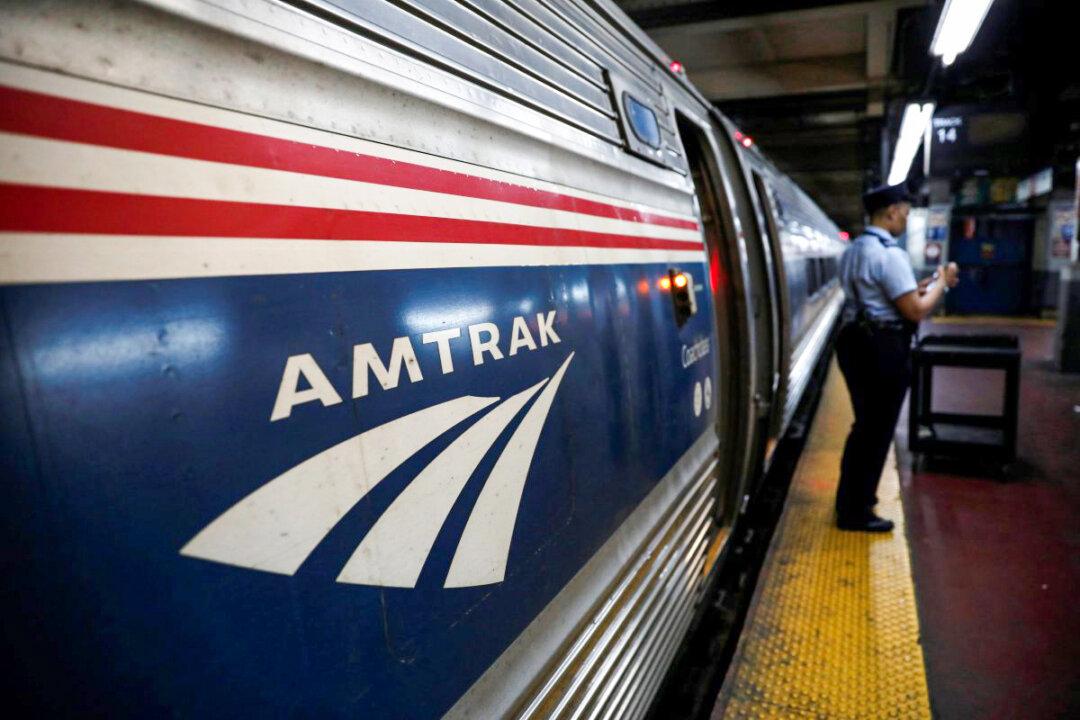Train operator Amtrak has agreed to pay $2.25 million to more than 1,500 people and fix inaccessible stations as part of a disability discrimination complaint, the Department of Justice announced Wednesday.
The DOJ filed a complaint against Washington, D.C.-headquartered Amtrak in December 2020 over alleged violations of the Americans With Disabilities Act (ADA).




